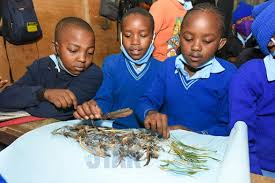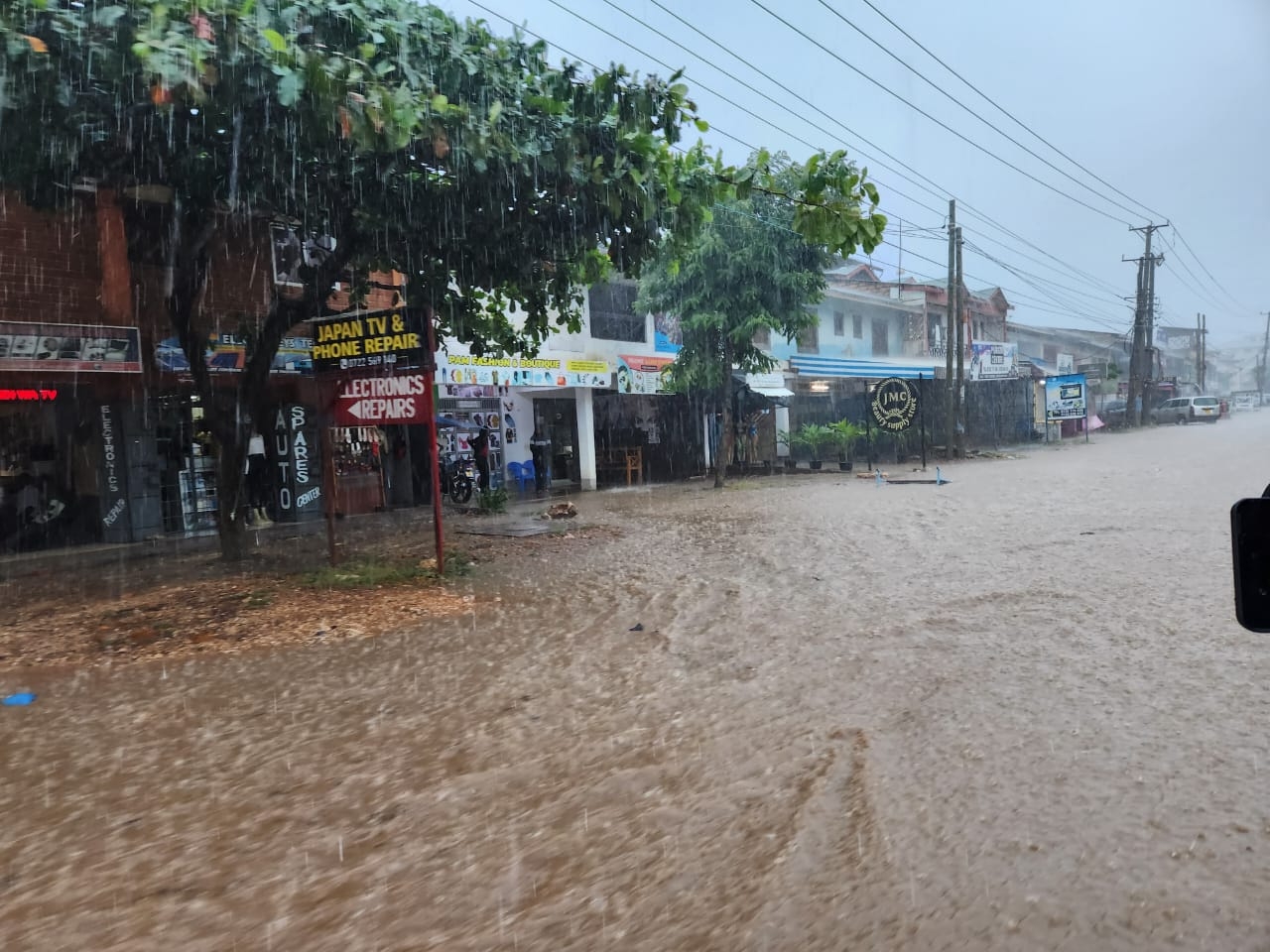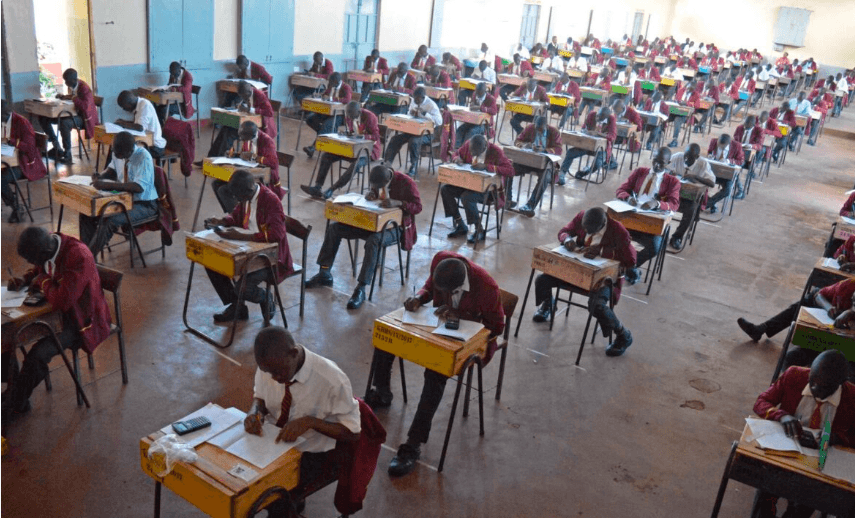
We both had the memo of what the interview would be about and as I had walked into the Makini School compound, one question remained etched in my head; 'Why does she want her story told?'
Barely two minutes
into the interview, the answer became evident: the Competency-Based Curriculum
(CBC) had moulded her daughter into more than an academic masterpiece—she had
evolved into an all-rounded responsible citizen and somewhat too mature for her
age.
"She's really good in problem-solving; she's always coming up with something on how to solve a problem," Chebet said.
The girl in question is the younger of her two daughters and is part of the pioneer CBC cohort currently in Grade 8.
Chebet said she introduced her to CBC in Grade 2 but her elder sibling went through the 8-4-4 system that's in its penultimate phase before transitioning to the Cambridge education system after Std 8.
"This younger one is really good at problem-solving. It could be I want to fix something on the radio in the house and you can see she's really trying to get it done, it could work or not but you can see the critical thinking ability to solve a problem."
Chebet steered clear of attempting to compare the girls for fear of painting either as inferior but stated that CBC has shaped the younger daughter into a hands-on individual.
She said basic chores
like sewing torn garments don't present much of a problem to her.
“She stitched a scarf for me, a very nice one from scratch. The elder one is very intelligent but more academic because she was more in the 8-4-4 system," she said.
Chebet said whereas the 8-4-4 system was more exam-oriented and largely predestined learners into cramming concepts, CBC expanded the field of study beyond the traditional classroom assignments and tapped into the individual talents of students.
Beyond that, she said her daughter has particularly developed critical life skills, has become more confident and mastered effective communication.
"My daughter has become very good at swimming, she knows how to play chess, she even teaches people in our estate. When she approaches people, you see that confidence come out," Chebet adds.
This, coupled with digital literacy that has now become part of the learning process has seen the demand for her input during homework becomes unnecessary.
Chebet, a pharmacist by profession, said initially, a huge chunk of the research work for completing homework assignments was largely her responsibility.
"Right now at Grade 8, she goes to the computer and does her own research work by herself."
She said this sense of self-sufficiency has also instilled a sense of communal responsibility in her daughter such that she feels she owes society.
As a consequence, Chebet said the young girl feels obligated to give back to society or at least play a role in remedying what ails it, even through the smallest of gestures.
“When driving you see her noticing things that even we parents notice but they easily pick out things like garbage and try to inquire about how to fix the littering problem. I think this has come out because the system is trying to instill it in children.”
Maurice Aketch, the deputy principal of Makini Junior School, said the CBC system as designed has expanded areas where learners want to specialise in beyond the traditional elite courses such as medicine and engineering, which most learners yearned for under 8-4-4.
“These days they are
aligning to being good citizens because they are seeing the challenges in
society and because of the critical thinking and problem solving, they want to
use those competencies to be good citizens,” he said.
“That’s the best thing that the government did to change the curriculum because they [learners] are confident enough to explain what should be done to remedy the society.”
Chebet said because of CBC, learners now feel like they are part and parcel of the change in society with a defined role to play in shaping its destiny as opposed to being bystanders and expecting adults to handle everything.
She said the provision for learners to engage in community activities such as cleaning the environment as part of the learning and assessment process has molded them into more responsible citizens.
“With 8-4-4 you are just known as a student and all you are supposed to do is go and pass exams,” Chebet said.
She said once all the teething problems have been addressed, and the CBC system has a high potential of influencing other countries to visit the country for benchmarking.
Chebet said the curriculum appears to be evolving too fast, such that it’s overtaken the pace at which fresh content that matches the rapid evolution is being developed.
“You may find that a book that maybe you bought at the beginning of the term has changed in between the terms,” she said.
She suggested that the change of content be communicated well in advance so that parents can have ample time to make the adjustments.
This way, she added, the teachers will also have sufficient time to familiarise themselves with the new material and be better equipped to deliver concepts during teaching.
“Like now, even the books that we bought at pre-technical don’t seem to be relevant at the end of the term and you can’t even buy a new one because it’s not even there,” she said.
Aketch, himself an author of a number of CBC books, said the Kenya Institute of Curriculum Development (KICD) occasionally revises textbooks depending on emerging needs.
He said for instance in pre-technical, there were initially 14 learning areas but with advice from researchers and the Presidential Working Party, the learning areas were reduced to nine.
“The challenge was it happened just when the schools were reopening so what the parents had bought was not aligning to the new curriculum design,” he said.
“So I agree that this should be done in good time so that both the teachers and the parents can get the materials in advance.”
Currently, KICD is still reviewing some of the learning areas for Grade 7 and 8 textbooks before their approval.

















